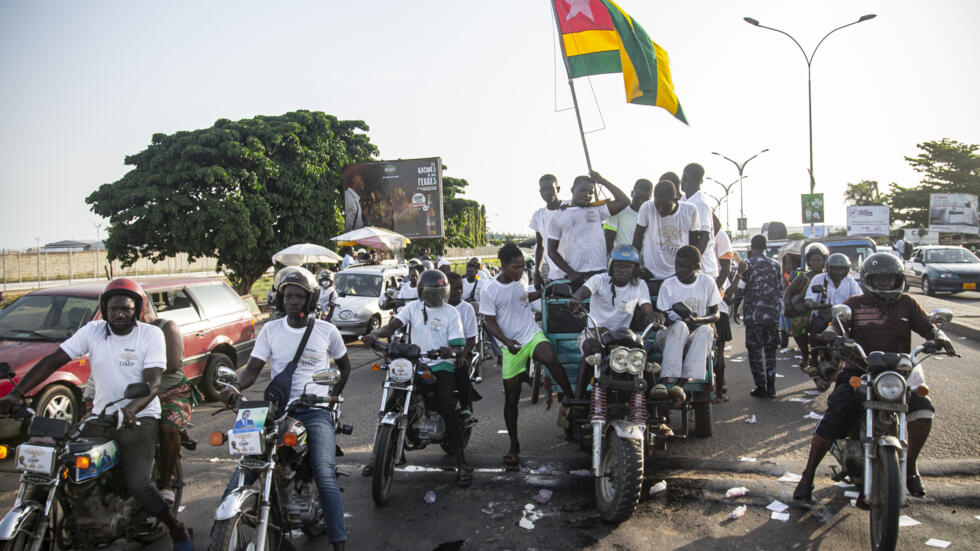Togolese citizens are heading to the polls for legislative elections on Monday amid controversy surrounding a recent constitutional reform perceived by opponents as a means for President Faure Gnassingbe to prolong his family’s long-held authority.
The reform, passed earlier this month by lawmakers, introduces a new prime minister-style position. Critics fear this move is tailored to enable Gnassingbe to circumvent presidential term limits and cling to power.
In office for nearly two decades, Gnassingbe succeeded his father, Gnassingbe Eyadema, who ruled for almost four decades following a coup in the small West African state located between Benin and Ghana.
Monday’s elections will determine the composition of the 113-member legislature and, for the first time, select 179 regional deputies from the country’s five districts. These deputies, alongside municipal councillors, will elect members of the newly established Senate.
While Gnassingbe’s ruling UNIR party views this as a step toward greater representation, opposition parties are rallying supporters to reject what they label as an “institutional coup.”

“We want a strong turnout on Monday so we can give the opposition the chance to win and take control of the parliament,” said Afi Akladji, a supporter of the main ANC opposition party.
Under the previous constitution, Gnassingbe, aged 57, would have been limited to one more presidential term in 2025. However, the new constitution shifts Togo from a presidential to a parliamentary system, with the president assuming a mostly ceremonial role elected by parliament.
In this new system, power rests with the president of the council of ministers, effectively a super-Prime Minister, who will lead the majority party in the assembly.
For supporters of Gnassingbe, extending his tenure means continuity with development programs, particularly in infrastructure.
The lead-up to Monday’s election has seen increased scrutiny, with opposition attempts to organize protests against the reforms thwarted by authorities. Togo’s Electoral Commission rejected the Togolese Bishops’ Conference’s request to deploy election observers countrywide, while the High Authority for Audiovisual and Communication (HAAC) temporarily suspended accreditation for foreign press covering the elections.